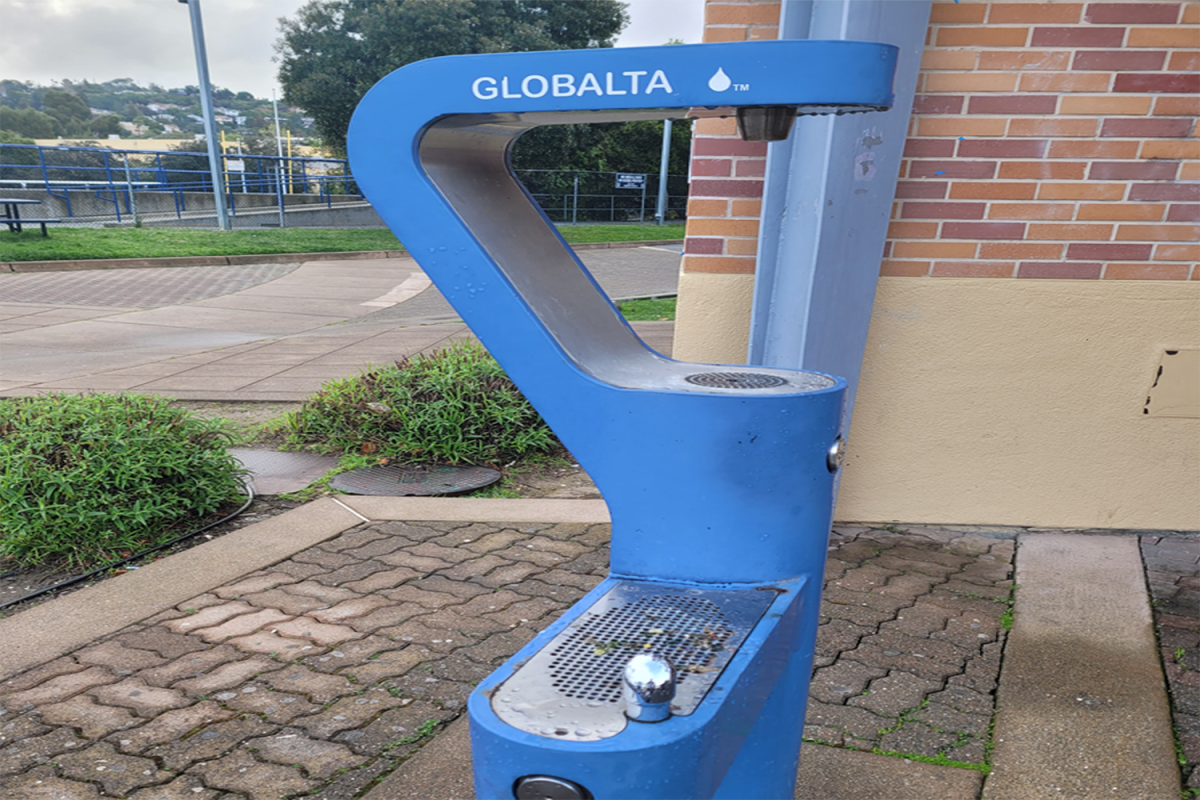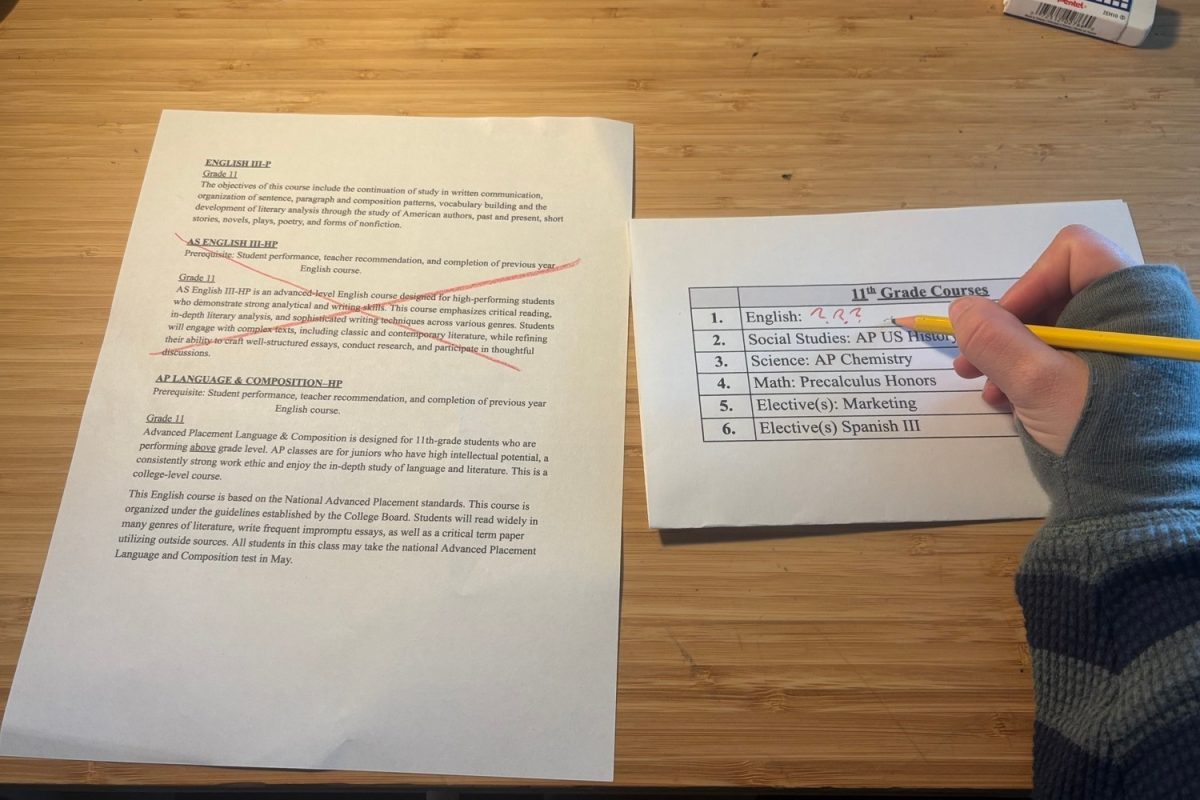Students in Carlmont’s DECA Club are investing time and effort to prepare for their upcoming district tournament.
Since late fall, contestants from Carlmont’s DECA program have been developing their arguments, pitches, business plans, and profit reports for their individual events within the larger tournament against the rest of Silicon Valley on the first weekend of January.
DECA took a unique approach to structure their competition, similar to that of track and field.
Firstly, participants in groups of one to three people signed up for their own event. These events fall under six main categories: Business Management, Entrepreneurship, Finance, Hospitality and Tourism, Marketing, and Financial Literacy.
Then, depending on which of the 61 events a participant chose, they were given two tasks to complete. These tasks vary from writing 20-page-long reports and business plans to making pitches and roleplaying under different business-related circumstances before a panel of judges.
To better prepare contestants, DECA President and Carlmont Senior Chloe Chun oversees after-school workshops every Tuesday from 3:45 to 5:00 p.m.
“Each particular workshop focuses on a different aspect of the competition; for example, one workshop may emphasize role plays and getting members comfortable with public speaking in a competitive environment,” Chun said.
Going into his first official competition, Ayaan Maker, a Carlmont sophomore and Hospitality Branch member, feels very equipped, as a foundation of the business knowledge needed for participating in DECA was built in when he took Introduction to Business.
“Since my Introduction to Business teacher is Mr. Rowe, the club supervisor for DECA, there may be a bit more overlap than others, but I was able to learn the basic terms used in DECA’s competitions through the class,” Maker said.
Each workshop and meeting is structured primarily around the competition in January, thanks to Introduction to Business being a required class to enter the competitions. This allows DECA members to better prepare themselves for the other specificities of the DECA competition such as their unique scoring system.
“Each event is scored based on how well you cover certain performance indicators,” Maker said.
These indicators include “explain the nature of positive customer relations” and “distinguish between economic goods and services.”
“It adds a new layer to how we present our case studies as we have to look at the facts through the lens of a specific performance indicator,” said Isaac Robinson, a Carlmont sophomore and Maker’s teammate in the “Team Decision Making” event.
However, some events require more of a time investment than others. Jiho Park, a Carlmont sophomore and two-year DECA member, recently dropped out of his personal event due to the amount of time it required him to dedicate.
“One of the tasks for the event I signed up for was to write a 20-page report,” Park said. “I just didn’t have the one-to-two hours a day to put into it while also studying for classes like AP World History.”
Due to DECA’s nature as a high-commitment club, it’s not uncommon for students to drop out of competitions in favor of their own academic pursuits.
“Personally, I see the group preparing for district competitions as our Varsity Business team,” said John Rowe, the DECA Supervisor and Carlmont Intro to Business teacher. “DECA’s very much a sport in terms of how much commitment is required and the camaraderie that is built between members.”
Chun was hopeful about this year’s competitions.
“I actually feel really confident, because we spent a lot of time reviewing the fundamentals which we didn’t do last year,” Chun said.
Overall, Rowe shared Chun’s sentiment.
“The team’s been preparing just as well as they have in previous years, and while it’s a very difficult competition with many other bright students competing from other schools, it won’t be easy to win; though based on our past success, I wouldn’t be surprised if we did,” Rowe said.












